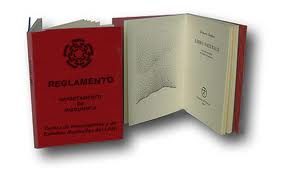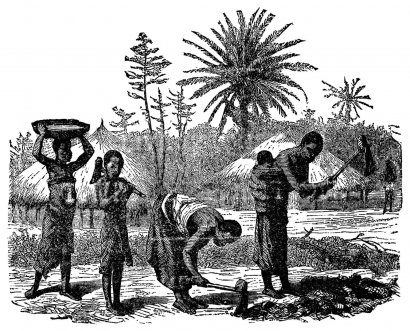 Paraphrasing is a process of intellectual reproduction consisting of expressing in one's own words what other people have said or written. The purpose of the paraphrase is to achieve a language more adapted to personal style and thus achieve better communication with others.
Paraphrasing is a process of intellectual reproduction consisting of expressing in one's own words what other people have said or written. The purpose of the paraphrase is to achieve a language more adapted to personal style and thus achieve better communication with others.
It can be said that it is a didactic resource, since the paraphrase is based on the accommodation of what others have expressed to their own language. At the same time, it is a way of acquiring knowledge. In this sense, if we are able to communicate something complex in a simpler way, we are doing an intellectual exercise of understanding.
Types of paraphrases
Not all paraphrases are the same, but there are several types. There is mechanical paraphrasing, which consists of replacing words with equivalent synonyms, so that minimal syntactic changes occur. For example, if I say "the student is disciplined" we could replace this sentence with a very similar one "the pupil is disciplined". There is also the so-called constructive paraphrase, which consists of reworking a statement giving rise to another with different characteristics but maintaining the same global meaning. For example, "generosity is the quality that I value the most" could become "I consider altruism to be a value that stands out above the rest" (here it can be seen that the two sentences maintain the same essence and an equivalence in terms of meaning).
General guidelines for paraphrasing from text
The first step would be to do a general reading of a text. Then the words or phrases that are most significant and susceptible to change can be underlined. From here it is possible to configure the paraphrase. However, it is convenient to finally compare the paraphrase with the original text, since the important thing is that both texts are comparable and with the same semantic value.
General considerations
Paraphrasing has a formative purpose and, consequently, it is used as an exercise in the teaching-learning process
It is a more complex strategy than simple copying, which only allows you to practice spelling or punctuation marks.
 Do not confuse the paraphrase with the traditional summary. While the first has the purpose of helping in the understanding of some knowledge, the summary is oriented to memorization. In conclusion, the paraphrase is more than a simple summary, since it implies a new explanation, usually clearer than the original.
Do not confuse the paraphrase with the traditional summary. While the first has the purpose of helping in the understanding of some knowledge, the summary is oriented to memorization. In conclusion, the paraphrase is more than a simple summary, since it implies a new explanation, usually clearer than the original.
Finally, it should be noted that paraphrase can be confused with another similar term, periphrase, since both words are a paronymy, that is, they have a great orthographic similarity. While the paraphrase is based on a semantic issue, the periphrase is a rhetorical figure, which consists of using a phrase in place of a word (instead of saying I traveled to Madrid, a periphrase would be I traveled to the capital of the kingdom of Spain).
Photos: iStock, sturti / Steve Debenport









